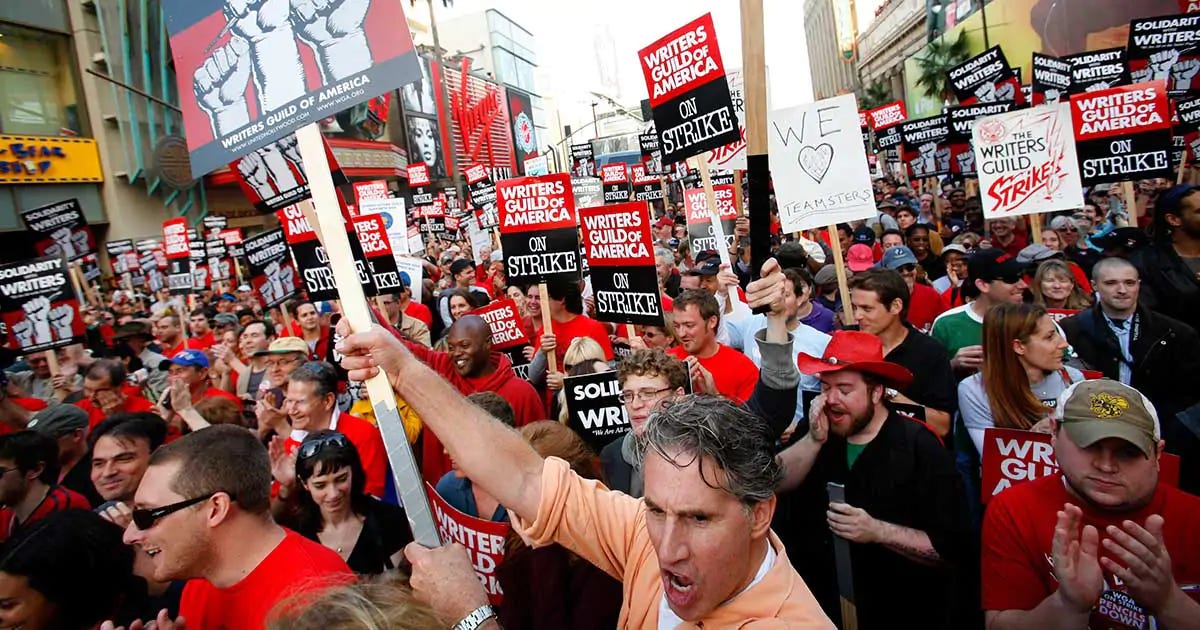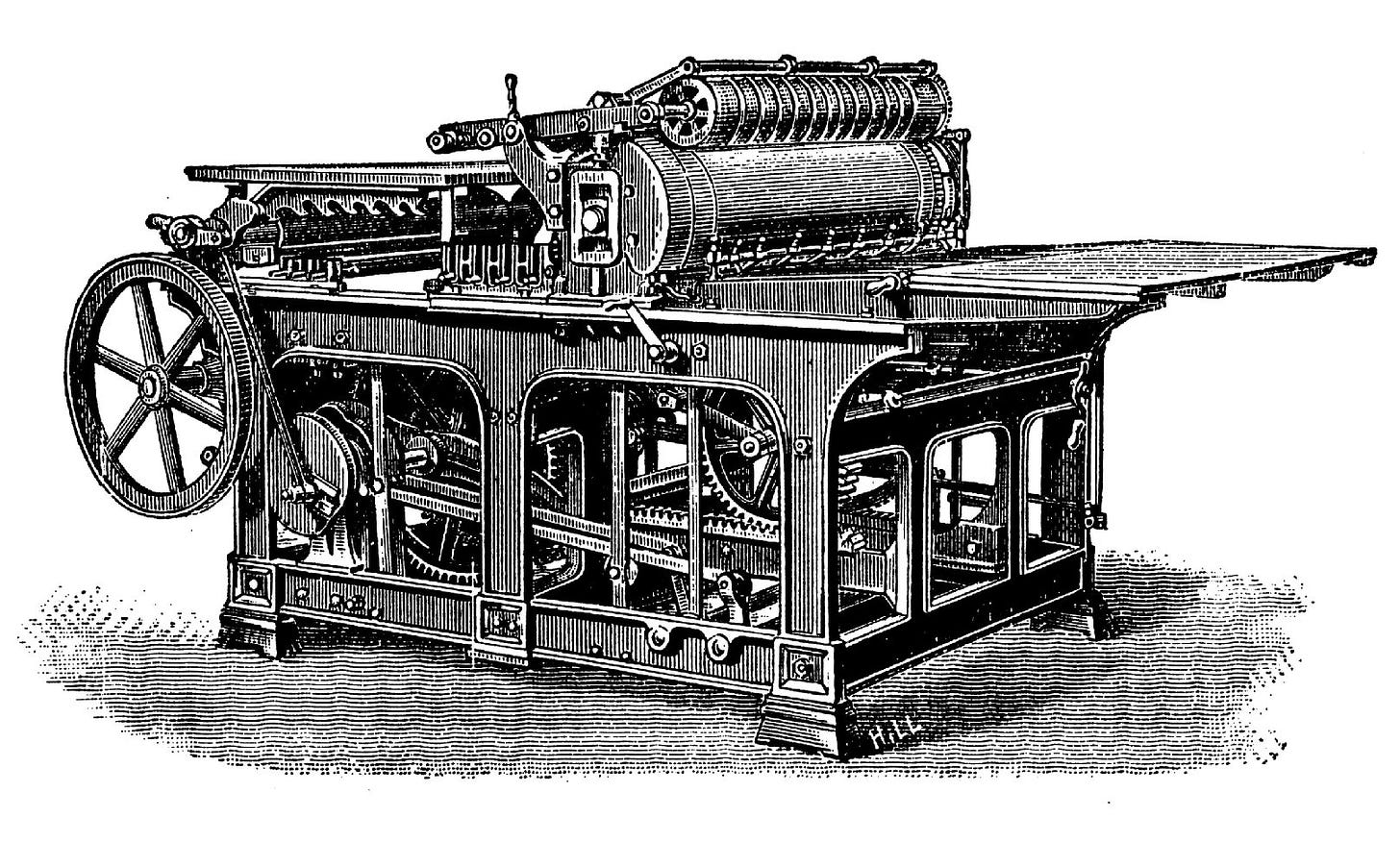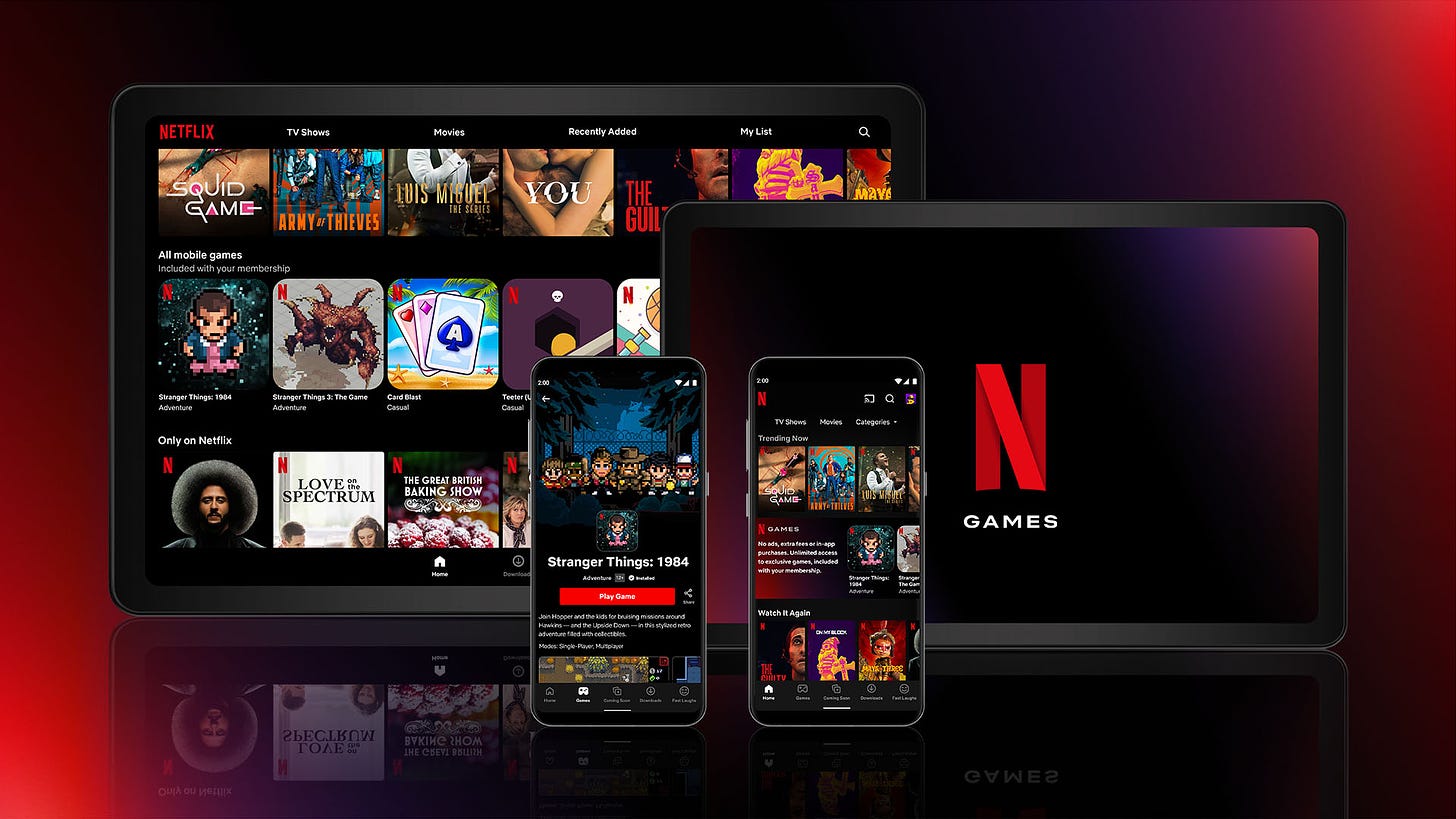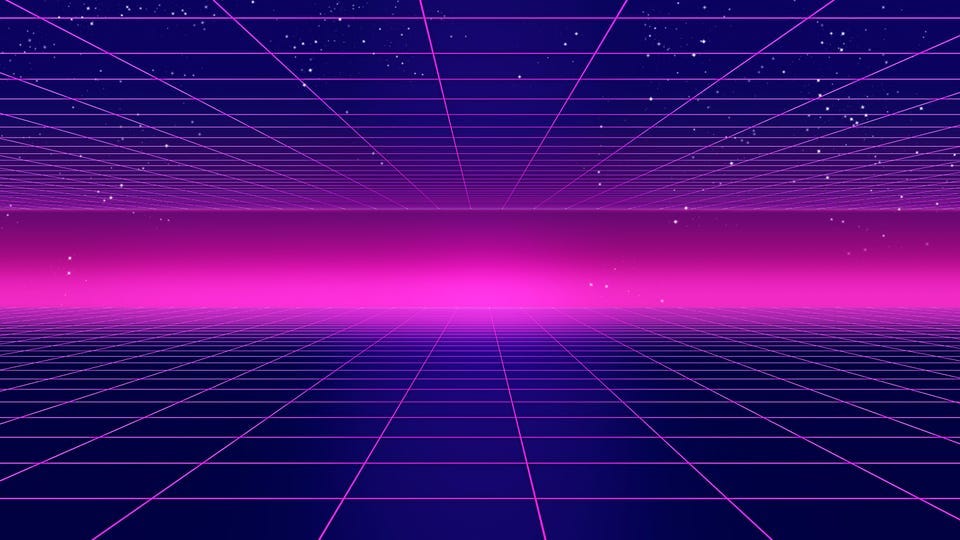Hollywood is turning on its head and no one knows what to do. Hell, we can’t even agree on the central problem, let alone how to solve it. Some of us think it’s an equity and inclusion issue, others think it’s a worker rights issue. Then there are some who believe it’s simply a bureaucratic conundrum that needs restructuring.
Regardless of what anyone believes, the facts remain. Hollywood stories are getting worse, creatives are working longer hours and getting paid less, abuse is still rampant, and racial and class disparities at the studios are still too high. Worse, creatives are often stifled in the name of profits and politics, having their babies chewed up by the fierce culture wars and financial incentives. It’s an unbelievable multi-dimensional mess that unfortunately requires a radical solution.
No, I’m not talking about rising up and using our film gear as cannon fodder to bring down the walls of Paramount Pictures. That’s a messy and ineffective way to change things as History has shown us repeatedly. Plus, we’re not soldiers who destroy. We’re creators who create.
So what the hell do a bunch of artists like us do when the very industry we are a part of is falling apart? Do we keep complaining and adding to our list of demands? Honestly, I’m pretty tired of expecting big studios to solve our problems. So for this post, I’d like to, instead, focus on a theoretical solution to these issues that we can actualize without anyone’s permission.
The truth is, regardless of age, race, gender, or political affiliation, the changes in Hollywood are affecting us all and the problems are only getting worse because not enough people are examining the inherent design of the business model and how it will fail to adapt to exponential changes in technology as it tries to prevent itself from dissipating into irrelevancy.
So let's get into that.
History Is a Brilliant Rap Artist
Before we dive into the flaws of the industry and a possible solution, I’d like to, first, talk about this little invention called the printing press, which I’m sure we’ve all heard of before.
This simple invention fundamentally drove the destruction of the Holy Roman Empire while fast-tracking the Scientific Revolution and the Enlightenment Era, which ultimately laid the foundations for the Industrial Revolution and modern Western Societies. You see, prior to the printing press, books were hand-written, and in Europe, under the Holy Roman Empire, they were written in Latin. So literature was not only way too expensive for most people to own, but they were all written in a language that most people didn’t speak, in a society where most people couldn’t even read or write.
So knowledge was tightly controlled. But with the printing press, it was liberated…Well, more so than at any other point in history, and that made a huge difference. Just that one simple little invention made it possible to conceive of an entirely new modern society that took us out of the Dark Ages. So yeah, Gutenberg shaped the make and design of the printing press, but in the end, the printing press shaped all of us a million times more.
That is the power of technology, which we don’t often think about. But as creators, I think it’s important to consider this when examining how the film industry operates, today, and why it’s quickly nose-diving into antiquity.
The Industry of Yesterday and Today
For a long time, big studios owned the pictures because making films was way more expensive and distribution was tightly controlled. So huge profits flowed to the big names in town and producers working for them were able to take more risks when it came to productions, which were greenlit based on gut feelings rather than consumer data. And, the people who ran these studios were of a different class than the kinds of people we see, today. They were risk-taking immigrants who were more independent and entrepreneurial than the corporate MBA grads dominating modern studios.
So when you hear the old farts talk about the good old days when there was more variety in the blockbuster movies with richer stories…Well, that’s not just false nostalgia. There really was more variety and the stories had more depth to them. Hollywood still had its fair share of issues, though, like abuse, racism, screwing artists over, and, of course, the ever-increasing corporatization of the industry from Coca-Cola to Sony.
But for a while, it was steady and doing very well because it basically controlled movie entertainment, so it could afford to take risks and allow more creative freedom. However, with monopolization came its fatal flaw…The inability to adapt effectively to change. So when the 21st Century Printing Press was invented, which we call digital media and online sharing, everything went crazy.
Suddenly, our Holy Roman Empire was losing control over distribution and thus, losing money. So they re-directed their resources to less risky productions like reboots or sequels. And a huge part of their budgets went into marketing to make them look as amazing as possible so they could sell out theater seats. And all the while, they slowly started trimming down compensation for talent and crew.
But theater seats eventually fell to the wayside of online subscription models like Amazon or Netflix, which siloed off curated digital content and siphoned off creators by giving them more freedom to create. That, of course, birthed a plethora of fresh content. New opportunities were now coming to creators who began switching from Hollywood to online streaming.
With all this promise of a new era in film, though, it seems that a lot of things have remained the same. Sure, we have more variety, but there’s still the bureaucratic labyrinth full of re-writes and notes from executives who care more about shareholders than stories. That’s certainly present along with the underpaid and overworked crew, the lack of upward mobility for new talent, and the unfortunate sexual harassment/assaults/bullying, though, that is getting better. So while digital content and online sharing made distribution easier, they didn’t really solve our fundamental problems.
But if we examine History again, the Printing Press wasn’t the end-all-be-all. It was just one invention out of countless others that needed to be made in order to overcome the challenges that came with new knowledge and ways of living. And just like the printing press, digital media and online sharing can’t solve our problems, alone, as anyone who has ever made a film knows that there are many challenges that go into making a successful career in the industry.
A Radical Proposal
For us to solve the challenges that go into filmmaking and overcome the problems in the industry, I believe we must figure out how to put the power of artificial intelligence (AI), virtual reality (VR), 3D animation, and blockchain technology into the hands of independent creators, those who facilitate the creation process, and the fans themselves so that the value of stories can manifest through the collaboration between these groups within digital & analog networks. Doing that may radically alter the entire film industry and create a new business model, altogether.
It sounds crazy, but when you really examine what’s being built right now, it becomes obvious that, at least, a huge part of the independent film world will likely gravitate toward a new way of doing business. That’s because the technology being created today will become the path of least resistance tomorrow, and humanity, in the long run, always takes the path of least resistance.
Just look at the latest AI writing tools that are available, now. No, seriously, Google search some of these and you’ll find all sorts of start-ups working with natural language processing models (NLP) to help writers. For those who don’t know, NLP is a type of AI that can generate text.
So it’s good at simulating collaboration with someone, which is exactly why my brother and I put the camera down to make our own AI writing app called Story Prism. It’s a grueling process that takes a long time to build and get right, but it’s totally worth the effort because we will soon be able to help any kind of creator build their nebulous ideas into fully polished stories. So creators, whether they’re filmmakers with a great idea or aspiring screenwriters, will be able to learn and master the process much faster.
But AI goes far beyond text. It can also generate images, music, and moving images, which is absolutely remarkable to see. And when you witness it for the first time, it’s like being a caveman seeing fire for the first time. It’s truly awe-inspiring…And seemingly terrifying for artists. But in reality, it will be a game-changer for us because you and your friends will now be able to wield the power to create films like Jurassic Park, which takes a huge number of people and a lot of money to create. And you’ll be able to make these kinds of movies in half the amount of time. So while traditional film jobs may be out the door, the opportunities to take your story ideas and turn them into content you can make a living off of will be far more doable for everyone.
Then there’s virtual reality and 3D animation, which are rapidly evolving by the day. Not but five years ago, VR headsets were clunky with terrible graphics, but these days, they’re being miniaturized into glasses with the kind of image quality that is getting ever so close to looking like real life.
So it makes sense that, not too long from now, things like tech location scouting, rehearsals, general meetings, masterclasses with famous idols, and in some cases, the shoots themselves, will occur in virtual space. And with things like Unreal Engine 5 combined with synthetic media tools? Well, it sounds painful for those like me who love working on film sets with real people. But most films may end up being entirely made on computers from small collaborative groups, stratified across the web. Maybe not today, but one day, that may very well be the case.
And naturally if this happens, blockchain and cryptocurrency will play a pivotal role. Yes, go ahead. Roll your eyes. Call it a Ponzi scheme with all hype and no bite. Look, I know the crypto space has been a shitshow these past several years, and perhaps some of you reading this lost a lot of money from it. But you have to understand that this is very new technology. So it’s not about what it is now as much as it is about what it’s trying to become and the role that it could play in future markets.
And what role would that be? In short, blockchain and cryptocurrency, if perfected, would make it possible to fully digitize the film industry so your business dealings could be done all online. Many of us are already starting to network and do small collaborations online, but generally, these kinds of collaborations don’t involve a lot of money or complicated contracts like you see offline.
That makes total sense because how do you know you’re collaborating with the person you think you’re collaborating with? How do you know you can trust working with them on budgets that range from hundreds of thousands to millions of dollars with complicated contracts?
And what about the owners of the platforms you’re doing these expensive business deals on? Can you really trust that they’ll stay in business or that they’ll remain a neutral third party? Can you trust that they won’t lose your money or accidentally expose sensitive information about your film to the public? And if you can’t fully trust them, then why would you do all of your expensive film projects on their site?
It’s hard to see, especially when you get into the complicated weeds, but the big picture is that blockchain will seek to create a more trusting internet through trustlessness. In other words, through cryptographic algorithms, we could theoretically create an online regulatory system owned by no one and controlled by everyone, and that system could ensure the kind of online security creators need to collaborate on big projects, which would be very complementary to the other technologies mentioned above.
But beyond security, blockchain and crypto will make it far easier for independent creators to raise funding for their projects. We have things like Kickstarter, which is cool, but what real incentives do fans have on sites like these? They have prizes and the finished movie. Great. But wouldn’t it be better if the fans could actually invest in the films or the creators, themselves? Imagine if Chris Nolan got his start by creating his own Youtube-like channel and raised funding through crowd-investing, instead? Wouldn’t you want to have invested early in a guy like him?
Blockchain will solve these important issues that are preventing creators from collaborating online. With this technology, we won’t need centralized platforms or studios owned and controlled by a few executives and board members. The platform or studio could be owned and controlled by the users, themselves, which not only means a creator and fan-controlled industry but an industry that could actually give more people the ability to make independent content for a living.
The Big Picture
So what’s the big picture, here? Well, consider this. If powerful enough technology is introduced that can make any creator into their own competitive studio, then the leveraging power big studios have over creators would be neutralized to the point of making big studios as we know them, obsolete. And if the big studios became obsolete, then that would mean creators could make the content they’ve always wanted to make and let the market decide whether or not it would be made.
And by market, I mean the fans, themselves, who would not only be able to profit off of the content but also enjoy far more quality content, made by people who would now be able to define their own terms for compensation. They would also have far more options available to them, so creators wouldn’t have to continue tolerating low pay, films they don’t really care about, or abusers who make their jobs a living hell.
This sounds like utopianism, but it’s actually just a technological solution for giving structure to the world outside of Hollywood. Now, professionals reading this might be rolling their eyes because they know the world outside of studios is full of amateurs with a few little gems. But with the new tools being built right now, it’ll become easier for amateurs to learn how to turn their nebulous ideas into great content. And that, of course, would translate to having more gems in the mix. After all, most people have ideas, but not everyone can take those ideas and turn them into great movies. So perhaps this will lead to a new surge in untapped stories that are currently laying dormant in people’s heads.
However, I’m not so sure the journey to this point will be all fun and games, nor do I believe that this new industry will be perfect. In fact, I expect a lot of contention along the way because jobs and making money will be redefined. Artists will have to shift from contractors to creators and everyone will have to compete with more talent that will flood the industry as automation destroys many more traditional jobs. Those who were once too afraid to get into writing and filmmaking will finally enter as the risk factors and barriers to entry will be reduced. So just as photography democratized, film will do the same for better or for worse.
The challenges in creating something hot will still be there, competition will be more fierce, and there will still be winners and losers in this game, so it’ll never be perfect. But, at least people won’t have to fret about finding the time to make all their films because as of now, making a movie, even a short, is very expensive and time-consuming. And monetizing off of them is even harder. The best anyone can hope for is being able to get a seat at the table, and maybe after decades of doing someone else’s work, you might get a chance to do that spec piece.
But future creators won’t have to spend a lifetime just to make one or two films. They can make all the films they’ve ever wanted and if they’re good enough, they can even make a living off of their work.
So whether you think all of this is the destruction of the film industry or a new enhanced form of it, it doesn’t really matter because at the end of the day this technology will get better and it will shape us along with the industry. Into what? I can only give you my best guess, but ya know. Humans have never really been that good at guessing, so really, who the hell knows!
But one thing’s for sure. Whatever happens, we’re always gonna create because…Well, that’s what we do, and that will never change, no matter what. So never stop creating, regardless of the Industry’s future.
And as always, best of luck in your writing endeavors!
Story Prism, LLC
__________________________________________












